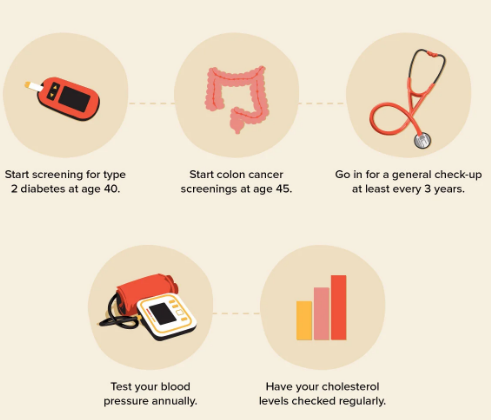Once you attain the age of 40, some medical conditions start to become obvious. So, you need to go for health assessments to enable doctors to catch any symptoms or conditions that you may be unaware of.
These vital tests below will reveal if there is anything wrong with your health. Your result will help you know how to live better and nip any illness in the bud or manage it successfully before it spirals out of hand.
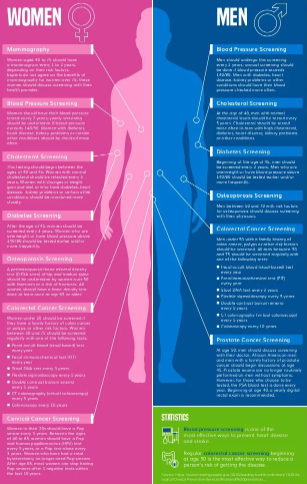 PSA test: The prostate is a small walnut-shaped gland situated just below the bladder and in front of the rectum in men. It surrounds the urethra, which is the tube responsible for carrying urine out of the bladder. Prostate cancer ranks as the second most common cancer and the fifth leading cause of cancer-related deaths among men.
PSA test: The prostate is a small walnut-shaped gland situated just below the bladder and in front of the rectum in men. It surrounds the urethra, which is the tube responsible for carrying urine out of the bladder. Prostate cancer ranks as the second most common cancer and the fifth leading cause of cancer-related deaths among men.
The risk factors of the disease are age, family history, race, diet, obesity, and sedentary lifestyle.
A Consultant Urologist at the Lagos State University Teaching Hospital, Ikeja, Dr. Oluwaseun Akinola said men aged 40 and above should undergo a prostate exam, especially if they have a family history or personal history of prostate cancer.
Akinola said “If you have additional risk factors, for instance, if you are an African man or you have a father or a brother that has prostate cancer, you should consider going for a screening. When you screen at age 40 and you check your prostate-specific antigen, if it is normal you don’t have to check for another five years.”
The Prostate Specific Antigen test is a blood test that measures how much of a particular protein is in your blood.
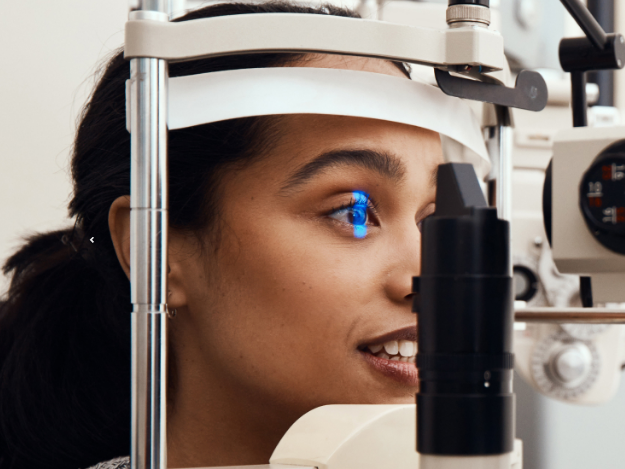 Eye test: Experts say an eye examination could lead to the early diagnosis of a systemic disease, and help to detect such ailments before they cause major health damage or lead to death.
Eye test: Experts say an eye examination could lead to the early diagnosis of a systemic disease, and help to detect such ailments before they cause major health damage or lead to death.
The American Academy of Ophthalmology recommends an eye disease screening for all aging adults but it said people with no eye problems or risk factors should see an ophthalmologist for a baseline eye disease screening at age 40.
“It’s important to see an ophthalmologist at age 40 because early signs of disease and changes in vision often begin at this age.
“A baseline screening gives your doctor a beginning picture of your overall eye health. Your ophthalmologist will tell you when to return for a follow-up exam. During future exams, your ophthalmologist can see changes in your eye health by comparing results against those at the baseline screening,” it said.

Breast screening: It implies checking a woman’s breasts for cancer before there are signs or symptoms of the disease. At 40, you should go for a mammogram – an X-ray images of breasts.
The latest recommendations from the U.S. Preventive Services Task Force urges all women to get screened every other year, starting at age 40.
An article on the National Public Radio notes that the recommendation is based on a review of new evidence by an independent panel of experts at the task force.
“Until now, women in their 40s have been encouraged to have a conversation with their health care provider about when to start mammograms based on their personal risks. The task force’s previous recommendation was for women to start mammograms at 50, and for women ages 40-49 to consider it, depending on personal risk.
“The American Cancer Society recommends that women 40 to 44 who are at “average” risk should “have the option” to start screening, but stops short of recommending it for all women, until age 45,” the article read in part.
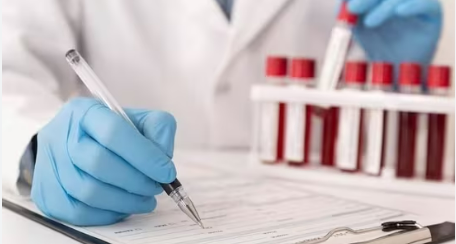 Complete blood count: A CBC is a blood test used to look at overall health and find a wide range of conditions, including anemia, infection and leukemia. This test will give you an idea of your blood picture and may signal an infection or conditions like anaemia.
Complete blood count: A CBC is a blood test used to look at overall health and find a wide range of conditions, including anemia, infection and leukemia. This test will give you an idea of your blood picture and may signal an infection or conditions like anaemia.
A CBC measures the red blood cells, white blood cells, haemoglobin, platelets, among others.
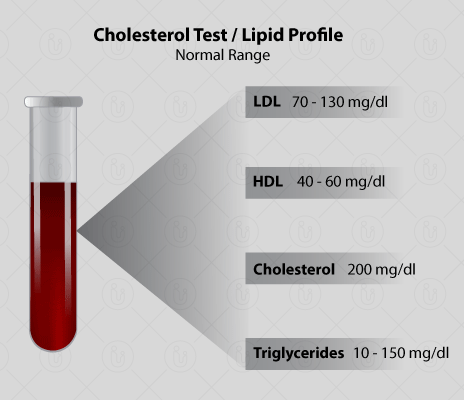 Cholesterol test: Cardiologists recommend a cholesterol test if you are 40 or older. A cardiologist may, however, recommend this test if you have risk factors for heart disease, such as high blood pressure, diabetes, smoking, obesity, unhealthy diet, and physical inactivity.
Cholesterol test: Cardiologists recommend a cholesterol test if you are 40 or older. A cardiologist may, however, recommend this test if you have risk factors for heart disease, such as high blood pressure, diabetes, smoking, obesity, unhealthy diet, and physical inactivity.
Meanwhile, how often you should get a cholesterol test depends on your cholesterol level, your other health problems, and your overall chance of heart disease.

